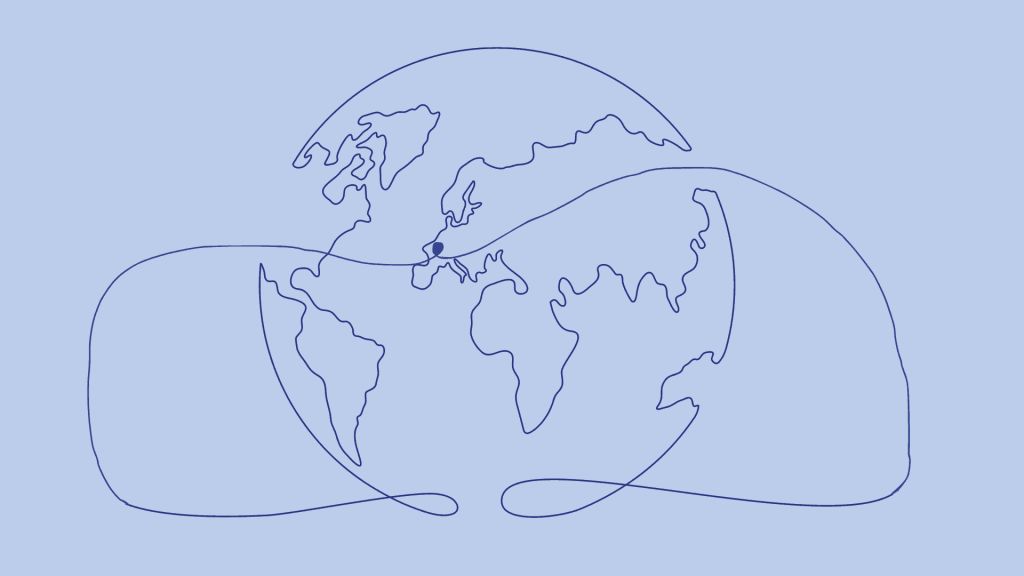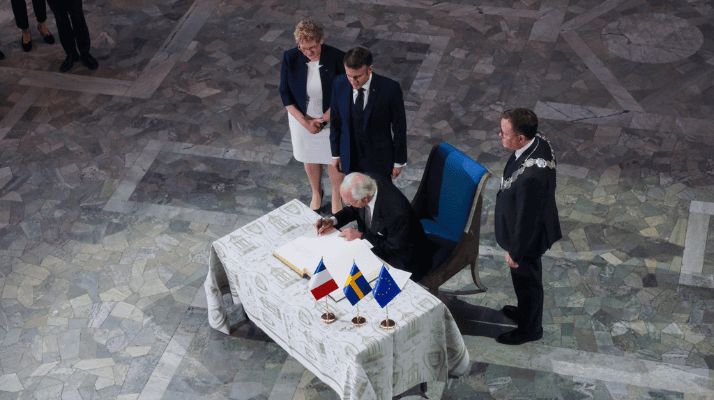A Nordic-French comparison of support measures for companies to overcome the pandemic

In the Nordics and in France, many economic support measures have been put in place for companies affected by the pandemic and the sanitary restrictions. These measures aim to preserve jobs and ensure faster and more vigorous economic recovery, from financial aid for closed establishments to specific measures aimed at startups and small and medium-sized businesses. Although the goals are the same, the means to reach them vary significantly from one country to another. Thus, each demonstrates its ability to adapt to the unique features of its economic landscape. This article enables companies to have an informed overview of the main support measures taken in each Nordic country and France to assist them through the crisis: financial aid to establishments whose activity has decreased or ceased, part-time unemployment, specific aid to SMEs and startups, and various sectoral aids.
Financial aid for closed business, or whose activity has greatly diminished
Because of the overall slowdown, measures on general economic support have been preferred in France, unlike more sectoral measures in Finland. For example, in terms of financial aid to closed establishments, compensation going up to 20% of annual turnover (max. €200,000) has been implemented in France. Support of €1,500 will be maintained for companies under a “semi-closed” regime. In addition, any company whose cash flow has been impacted by the pandemic can apply for a state-guaranteed loan, regardless of its size or status. On the other hand, Finland is targeting this aid towards fields of activity most affected by the pandemic, such as food businesses, sports facilities, gyms, spas, and indoor playgrounds.
In general, the Nordics have considered compensation for labor costs. For example, Sweden’s support plans cover fixed expenses and wages for establishments whose activity has declined. Conversely, for the self-employed, Denmark also provides specific compensation linked to the monthly turnover generated by the company.

Part-time unemployment
Partial unemployment has been generalized in France, and all employees can benefit from it without additional costs. In Sweden, the part-time unemployment scheme includes four scenarios of working time reduction: 20%, 40%, 60%, and 80%. The State will pay for 75% of the time lost. Companies taking advantage of the partial unemployment scheme are prohibited from paying dividends in the two preceding and the six months following the period concerned. In Denmark, a temporary “work-sharing” scheme is in effect until the end of 2021. There is the possibility of temporarily reducing employees’ working hours (up to 80%), with their income (from then on supplemented by unemployment benefits), thus reflecting the flexibility of Denmark’s labor market.
Norway has set up an original system of assistance for foreign European workers. It consists of a financial support scheme for foreign workers from the EU/EEA who cannot travel to Norway for work due to the restrictions in place. The government has introduced it with retroactive effect from January 29, 2021. The scheme is based on the sick leave scheme and provides compensation equivalent to 70% of the sick pay.

Specific aid to SMEs
Regarding aid to small and medium-sized enterprises, Sweden, Denmark, and France have favored a strategy based on tax deductions. In Sweden, part of the taxable profits for 2019 (up to €910,000) can be kept by SMEs in a tax reserve. Companies can use this cash reserve for up to 6 years. In the event of losses during the repayment period, these can be deducted from the amount to be repaid. In Denmark, payments of corporate income tax and labor market contribution, and VAT are postponed. In France, companies with less than 250 employees losing at least 50% of their turnover will benefit from a total exemption from employers’ contributions.
On the other hand, Norway preferred a standard compensation system of NOK 5 billion (€500 million) for companies that have lost more than 30% of their turnover compared to 2019. As an exception, Finland has implemented an investment program proposed by Tesi (state investment group). The investments offered by Tesi vary between €1 and €10 million.

Specific aid to startups
In line with the philosophy of the recovery plan, specific support measures for startups have been put in place in France to sustain innovation. Among all these measures is the “French Tech Bridge,” which is designed to support startups whose fundraising is compromised by the contraction of venture capital. The Public Investment Bank (BPI) in France can provide financial aids ranging from €100,000 to €5M in the form of convertible bonds that must be co-financed by private investors.
The Nordic countries also implemented measures for startups, with some variations in the volume of financial aid. In Sweden, the government has allocated €38M to the public-private equity company Almi Invest to facilitate the financing of startups in the seed phase, for a maximum of 1M€ per project. On its part, Tesi’s Venture Bridge Program in Finland is aimed at innovative tech companies seeking funding for international growth.

Other aid to companies
The particularities of each national economic landscape have led countries to take very different support measures. Denmark, for example, has adopted sectoral support schemes for exporting companies and mink farmers, while Norway has taken steps for the airline and oil industries. Sweden has adopted specific aid for tour operators, with the possibility of applying for loans from the government to reimburse travelers for canceling their trip. Finland, for its part, has extended the payment of delinquencies from 7 to 30 days for distressed businesses.
In France, the State offered stock aid to support retailers with unsold stock. 35,000 companies in the clothing, footwear, leather goods, and sporting goods sectors. This aid represents 80% of the aid received under the solidarity fund. The recovery of the assistance will aim to compensate 70% of the fixed costs.

Contact us for more information or free guidance in your investment project in France.





